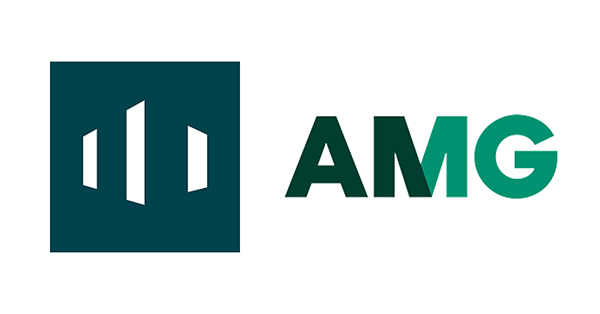Mason Investment Advisory Services hosted representatives from AMG and its affiliate, Pantheon Ventures (Pantheon) for an update on the private equity markets and on recent activities within the AMG Pantheon Fund. On deck from AMG was Jeffrey Sinak, the Director of North American Distribution for AMG, and from Pantheon Austin Kahler, Principal and Head of Private Wealth Product, and Matthew Cashion, a Partner on Pantheon’s Global Co-Investment Team responsible for sourcing, execution and monitoring co-investments in the US.
The meeting is the latest in a series of Mason educational events designed to highlight critical determinants in the construction and monitoring of client portfolios.
The session began with Mason’s research team looking back at the due diligence process that preceded the selection of the AMG Pantheon Fund and the ultimate decision to make this fund available as a way for Mason clients to access private equity in their Mason portfolios. The AMG Pantheon Fund differs from traditional private equity investments with fixed investment periods in that it is structured as an “evergreen” fund, a registered investment company that invests in private equity opportunities on an ongoing, perpetual basis
Following this introduction ensued a vibrant question and answer period as Pantheon representatives responded to a range of issues covering the why and how of Pantheon’s approach to private equity.
Matt Cashion emphasized the importance of selecting the best private equity managers given the wide dispersion in performance across private equity managers. He detailed the due diligence process that drives manager selection at Pantheon and the deep and informed relationships that Pantheon has established with experienced managers.
Next, Matt focused on diversification and the types of investments included in the AMG Pantheon Fund. He focused special attention on how the fund accesses opportunities across primary, secondary and co-investments. Each of these investment types may offer distinct advantages in terms of risk, return and fees and can be more or less attractive under various market conditions. The fund has a flexible mandate to pursue opportunities where Pantheon sees strong relative value. A recent example is Pantheon’s focus on private equity secondaries given a strong current opportunity set in that area.
Finally, the discussion turned to the availability and attractiveness of private equity opportunities in the current environment. There has been a longer-term secular movement that has resulted in companies remaining private for longer and this has produced a relative abundance of opportunities for private equity managers that is not likely to abate anytime soon.
It’s been about 2 ½ years since Mason has made available to clients the option to include a private equity component into their Mason portfolios through the AMG Pantheon Fund. This session offered a timely review of how Mason selected AMG and Pantheon and how the AMG Pantheon Fund has lived up to Mason’s expectations.
Is your investment strategy built to realize your long-term investment goals? Call 703-716-6000 or email info@masoncompanies.com to speak with a Mason advisor today.
Past performance is not indicative of future results. This communication is for informational purposes and should not be considered as investment advice or a recommendation of any particular security, strategy or investment product. All investing is subject to risk, including the possible loss of the money you invest. There is no guarantee that any particular asset allocation or mix of funds will meet your investment objectives or provide you with a given level of income. Diversification does not ensure a profit or protect against a loss. An investment in private equity should be viewed only as part of an overall investment program. In general, alternative investments such as private equity involve a high degree of risk, including potential loss of principal invested. These investments can be highly illiquid, charge higher fees than other investments, and typically do not grow at an even rate of return and may decline in value. The success or failure of an investment in a portfolio company will depend to a large extent on the portfolio company’s management team. A member of a portfolio company’s management team may engage in activities that pose legal, regulatory, financial, reputational, or other risks to a portfolio company, and such activities may be difficult or impossible to detect.



